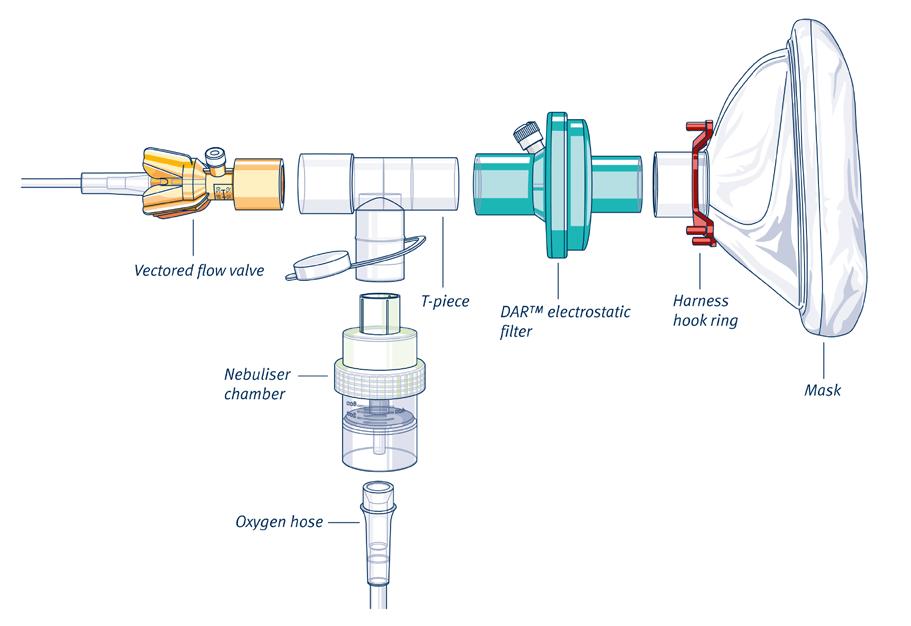Mental Health Co-Responder evaluation project will guide better patient outcomes A state-wide research project could soon mean a future of service collaboration and improved outcomes for Queenslanders with mental health issues. The project, which evaluates QAS and Queensland Police Service (QPS) Mental Health Co-Responder programs, may change the way emergency services work together to help people experiencing a mental health crisis. According to the QAS Information Support, Research and Evaluation Unit Director Dr Emma Bosley, this research on this scale is a world first. “We responded to more than 60,000 Queenslanders in 2019-20 for mental health crises,” Emma said.
14
“Given the frequency with which QAS, QPS and Queensland Health provide service to people experiencing an acute mental health related episode, it is vital to undertake this research to ensure we can collectively provide the most appropriate care to them.” Queensland Health’s Mental Health Alcohol and Other Drugs Branch is funding the QAS-led joint evaluation project in collaboration with Queensland Health and the Queensland Police Service. According to QAS Mental Health Response Program Director Sandra Garner, the first QAS Mental Health Co-Responder (MH CORE) program began in 2019 as a pilot program in Metro South, West Moreton and Gold Coast regions. Due to its success has been expanded into the Metro North, Cairns, Townsville, Sunshine Coast areas and most recently in Rockhampton. “These programs pair a Senior Mental Health Clinician from a local hospital mental health service with either a paramedic or police officer to respond to people who call Triple Zero (000) in a mental health emergency,” Sandra said. “The goal of MH CORE is to develop tailored mental health plans in the field, with the aim of substantially reducing transports to emergency departments, increasing referrals to appropriate services in the community, and providing timely support for patients, their families, and carers in their own home environments.” The QAS Information Support, Research and Evaluation Unit within the Office of the Medical Director, has engaged implementation science Research Fellow Dr Olivia Fisher to lead this research with Dr Emma Bosley and Sandra Garner.
Autumn 2022
■ Sandra Garner with Dr Olivia
Fisher
“With the co-responder programs being rolled out across Queensland, our evaluation will look at whether the program results in better outcomes for people experiencing a health crisis as well as their friends and family who might be with them at the time,” Olivia said. Olivia said there were some differences in how the co‑responder programs operate across the agencies, and some local geographic areas, and in terms of the characteristics of patients that are attended. “A purpose of this research is to identify the most effective aspects of the models and which patients show greatest benefit, to be able to work together to deliver optimal outcomes for patients,” Olivia said. “We’re investigating whether the programs help patients link up with appropriate community support agencies or groups to help them manage their mental health crisis and minimise subsequent contact with emergency services. “We’re keen to see whether having mental health clinicians attending mental health cases with police and paramedics improves these police and paramedics’ skills and resources to respond to mental health cases. “It’s also important to establish whether these programs create systemic improvements by releasing other emergency services crews by reducing their time per case, and whether they reduce re-presentations to emergency services.” The evaluation report is expected to be released in late 2022 and will inform the continuing rollout of the QPS and QAS programs.





















